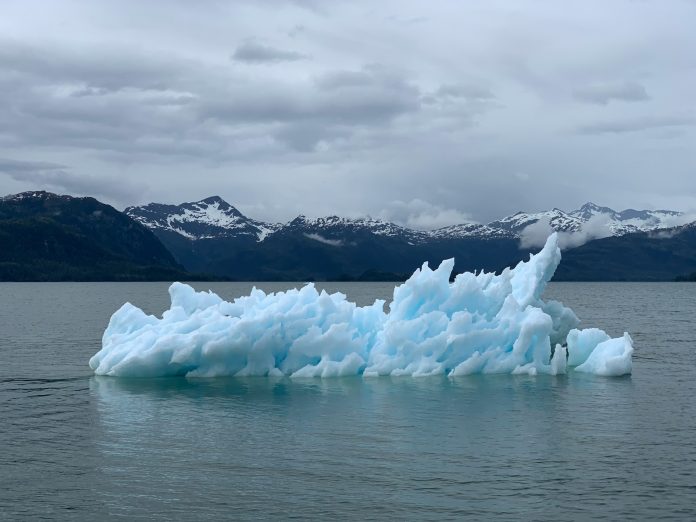
Scientists have uncovered tantalizing evidence that freshwater bodies may have existed on Earth much earlier than previously thought, reshaping our understanding of the planet’s early environment and the potential for the origins of life.
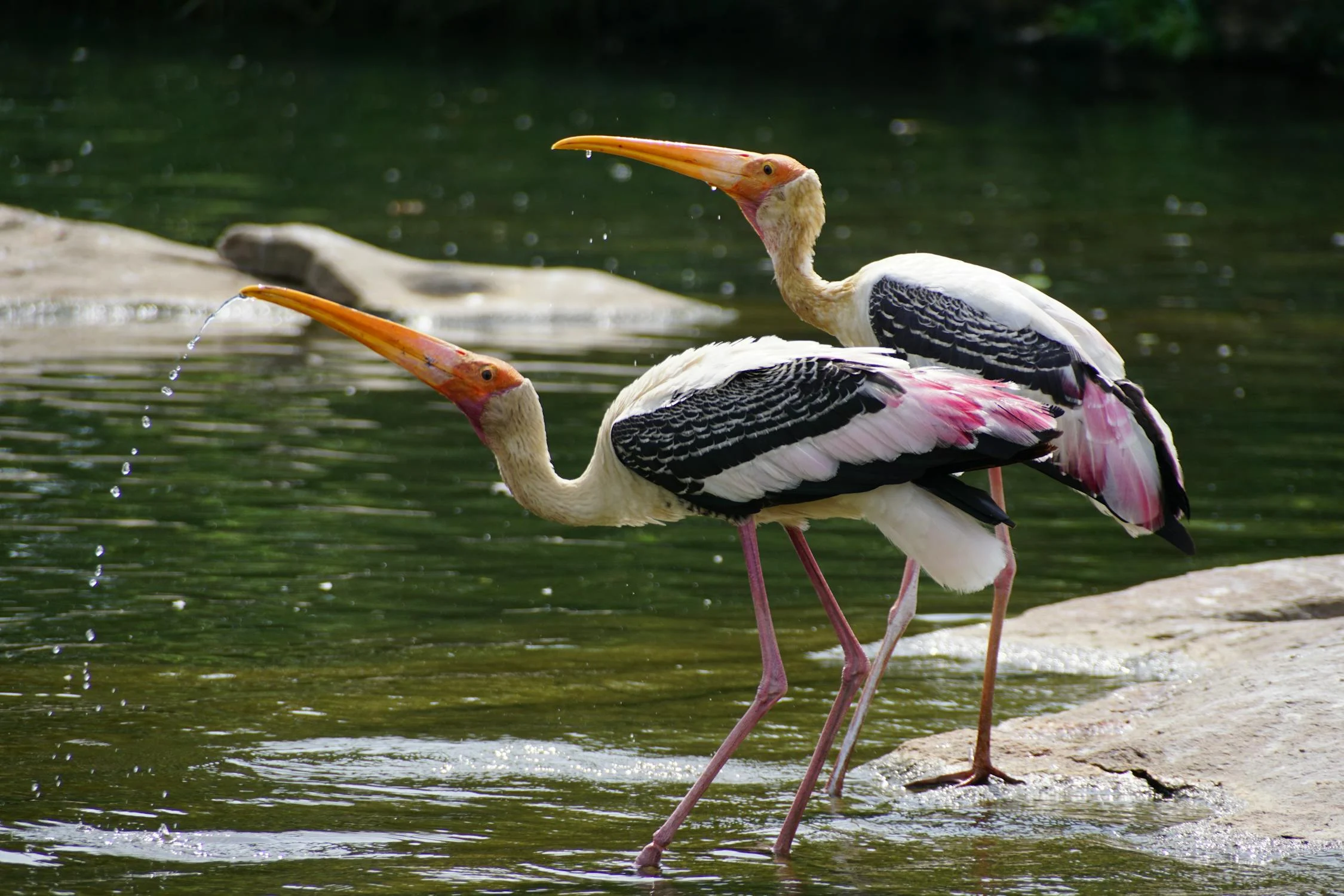
This revelation springs from the analysis of ancient zircon crystals found in Western Australia’s Jack Hills, suggesting that Earth’s water cycle, complete with freshwater lakes and possibly even rain, could have been established a mere 600 million years after the planet’s formation.
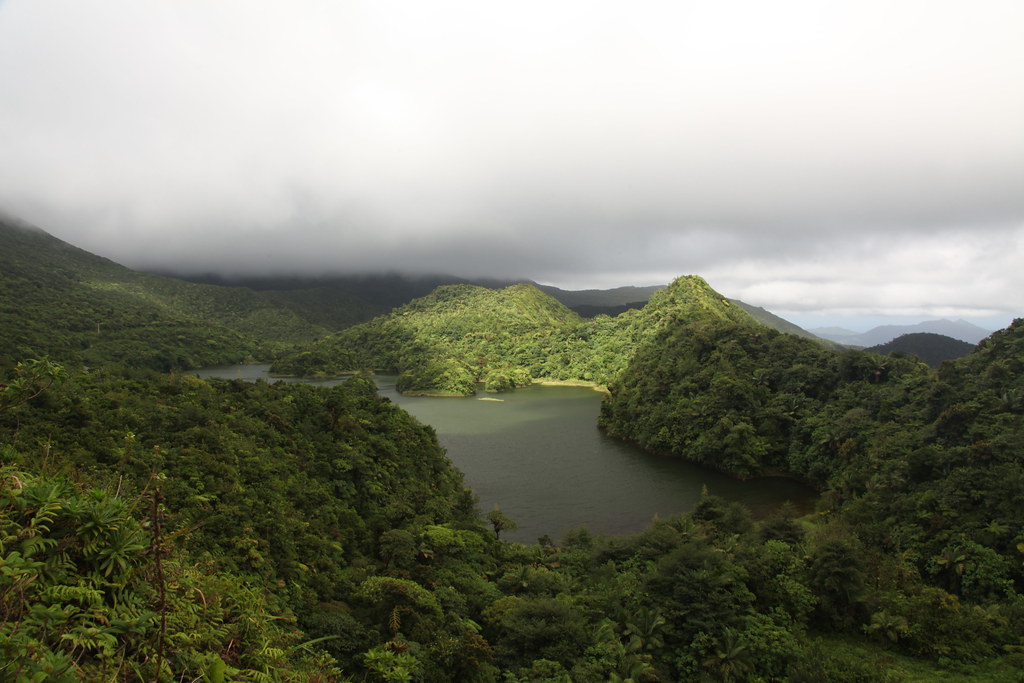
The study, detailed in the journal Nature Geoscience, focuses on the oxygen isotopic composition of zircon crystals that are a staggering 4 billion years old.
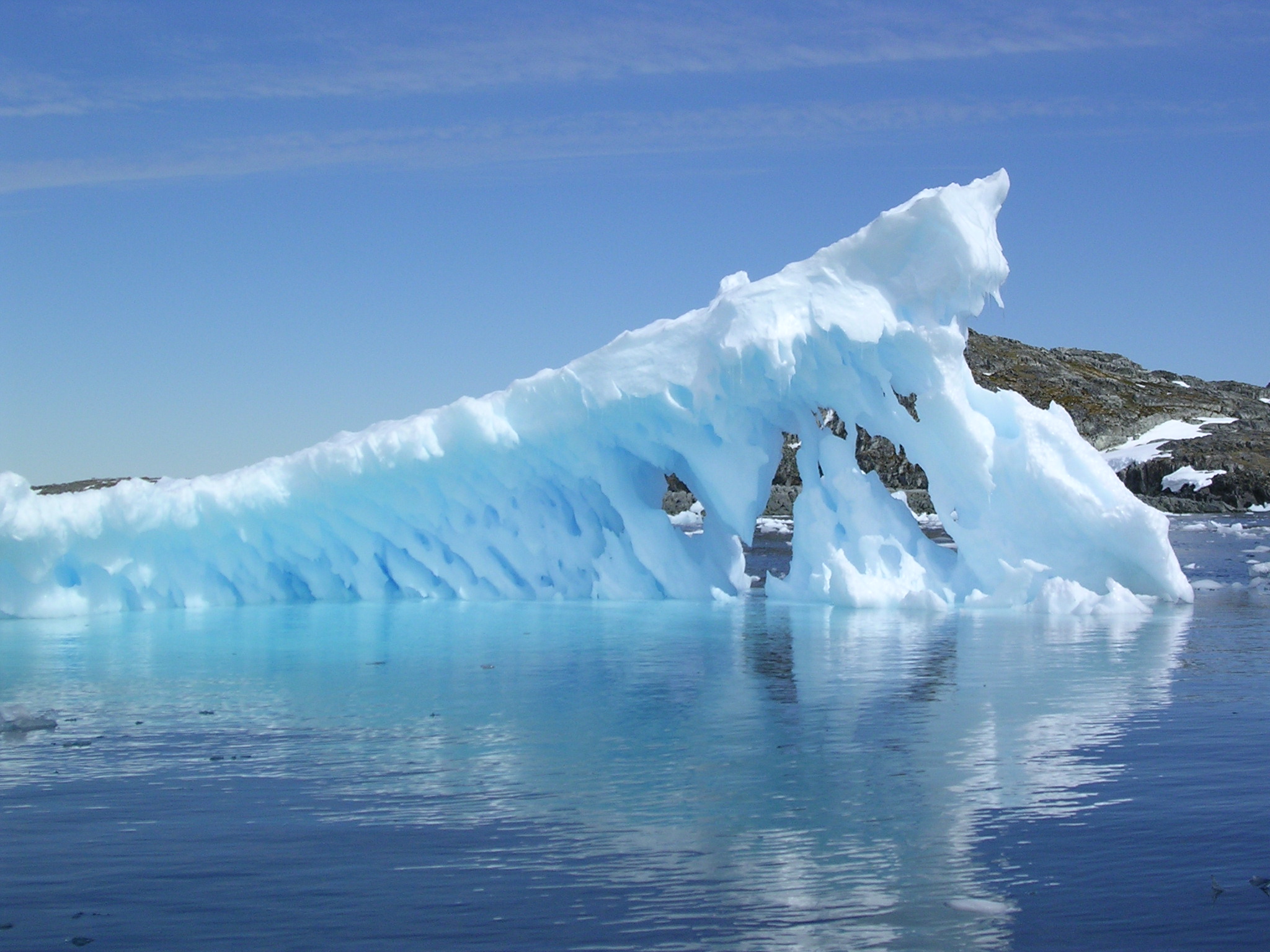
The lighter isotopic signatures detected within these crystals are characteristic of interactions with fresh water—implying the presence of dry land above the sea where this water could accumulate.
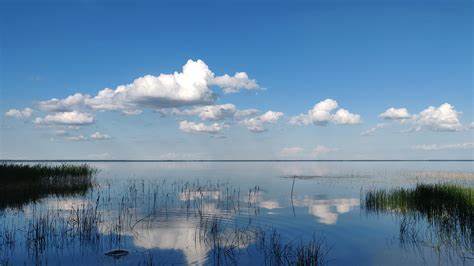
“Such light oxygen isotopes are typically the result of hot, fresh water altering rocks several kilometres below Earth’s surface,” stated Hamed Gamaleldien, lead study author and a geochemist at Khalifa University, lending credence to the idea that Earth’s nascent terrain was not entirely a vast ocean.
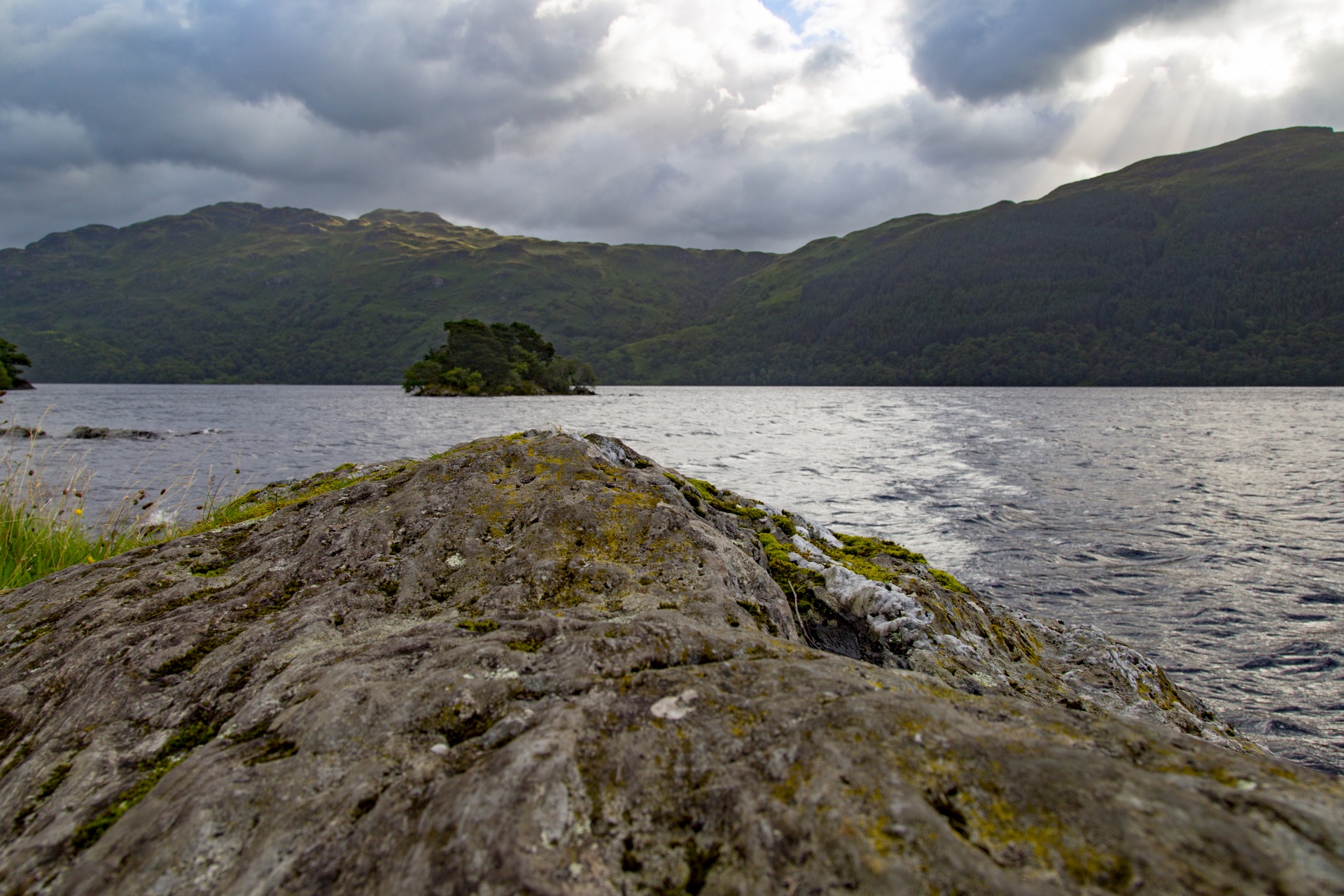
This groundbreaking research offers a profound shift in perspective. For years, the dominant view depicted a Hadean Earth, spanning from 4.6 to 4 billion years ago, as a hellish landscape dominated by seas of magma. This view evolved in 2001 when the presence of water on Earth over 4 billion years ago was first proposed, igniting debates about the planet’s early conditions.
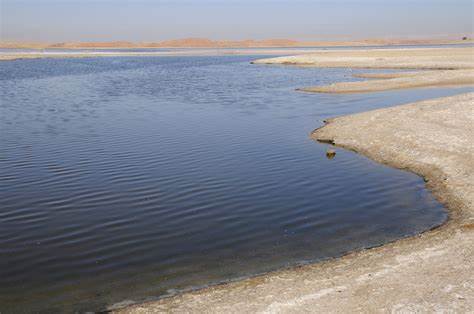
The new evidence brought forth by Gamaleldien and his colleagues propels this evolution in thought further, indicating that Earth might not have been as ocean-bound as previously believed.
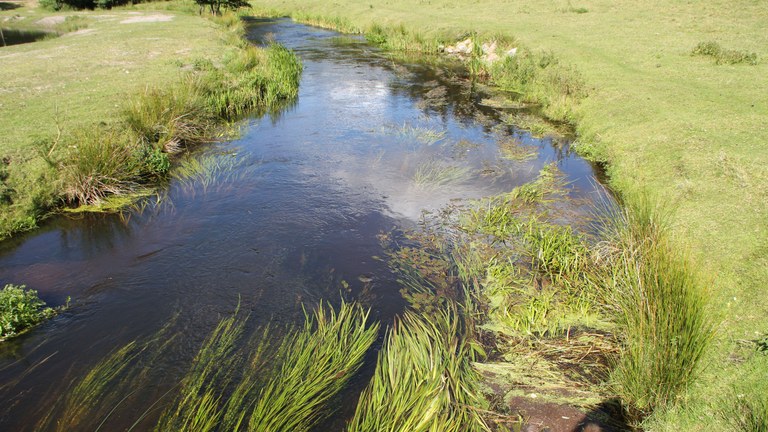
Furthermore, these findings are significant because they suggest that the necessary conditions for life’s origins, a topic of intense scientific debate, may have been met earlier than the formation of the oldest known stromatolites dating 3.5 billion years ago.
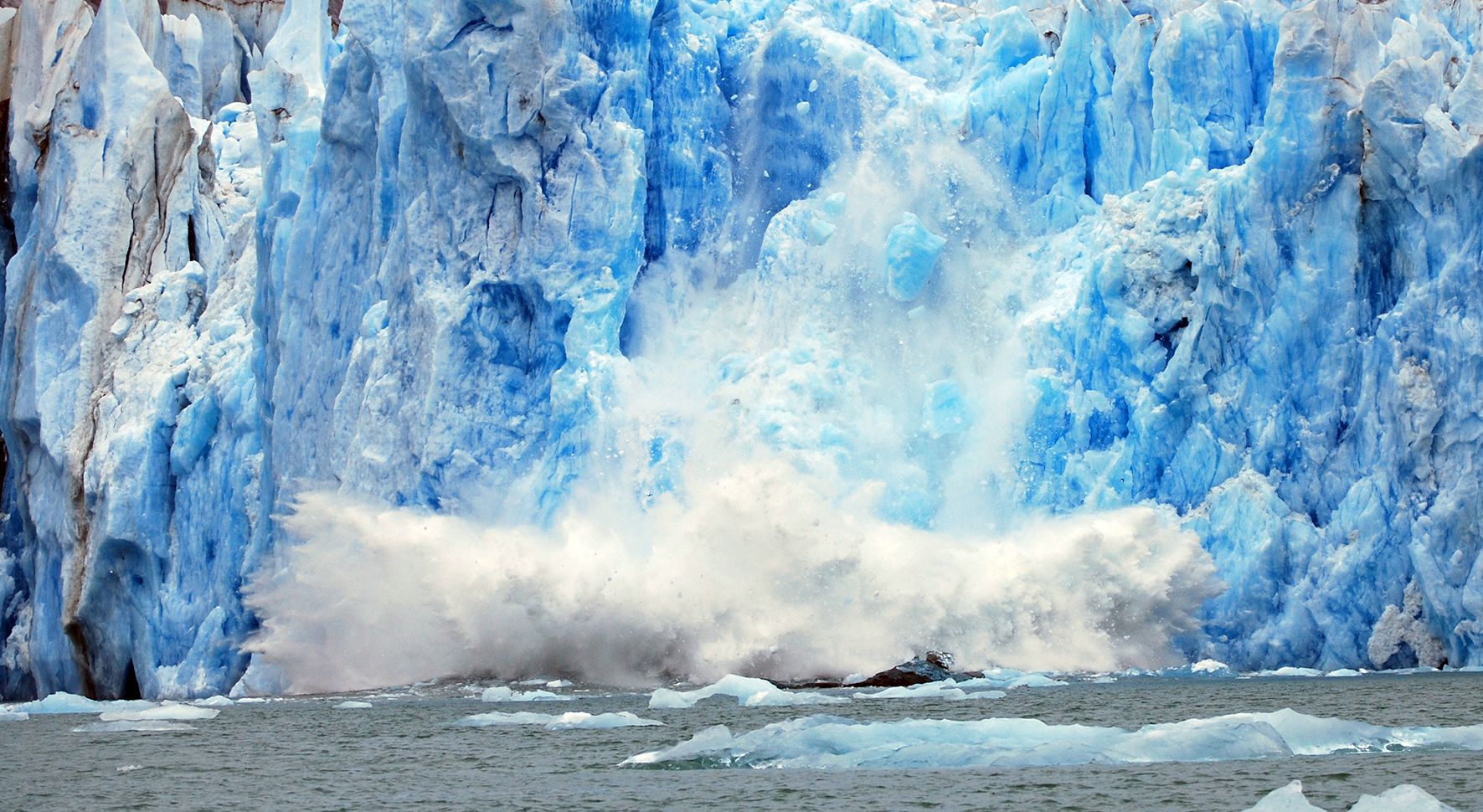
Jesse Reimink, a geochemist at Penn State, commented on the study, acknowledging while “the jury’s still out” on whether this ancient freshwater cycle was as active as implied, the presented data cannot be overlooked.
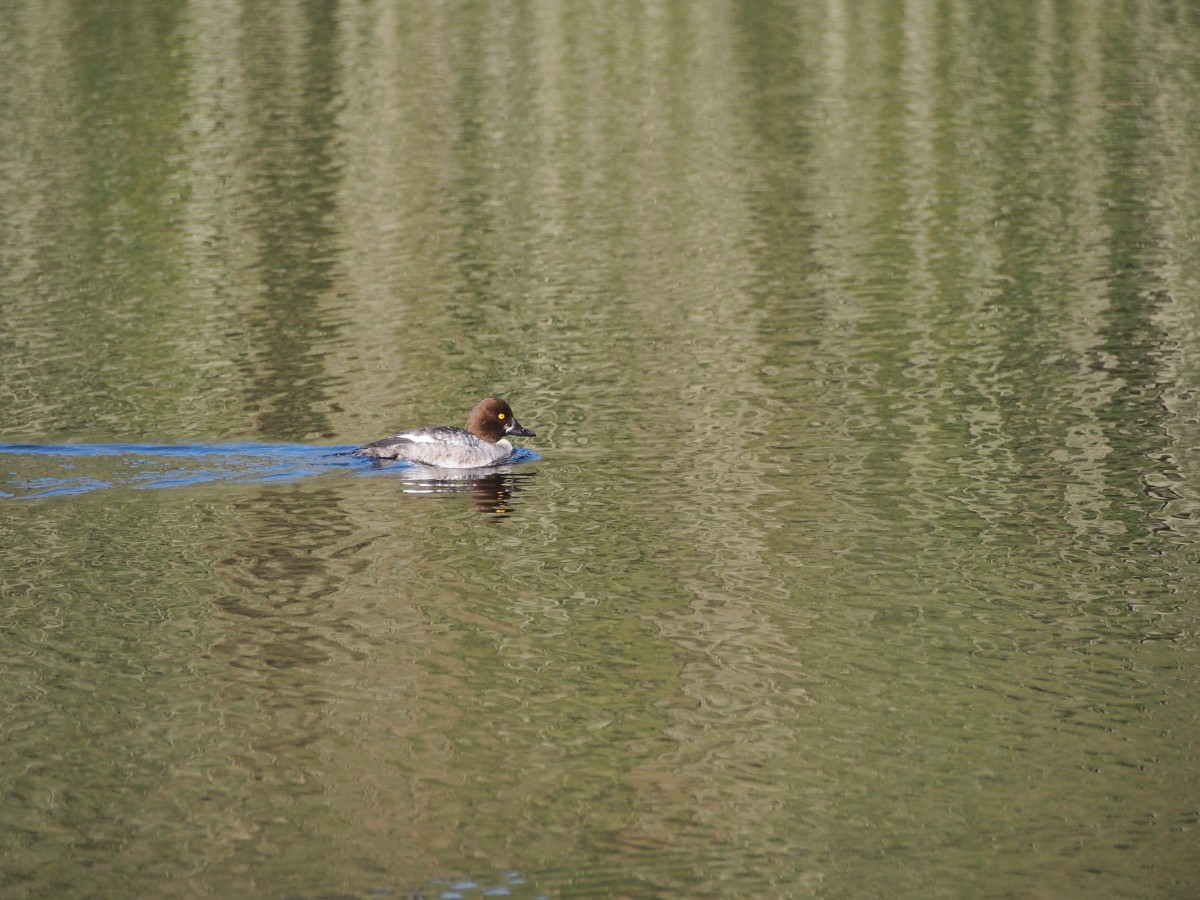
The method of analysis in this study involved running a multitude of computer simulations to determine the origins of the isotopic ratios observed in the zircons.
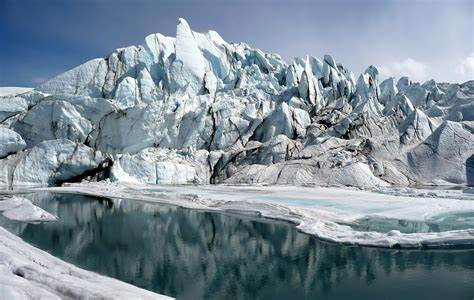
“We concluded that the main water on Earth was oceanic,” stated Gamaleldien. Yet, it was only by incorporating freshwater into these models that they could replicate the isotopic compositions found in the ancient crystals.

The presence of freshwater and landmasses sets a stage conducive to life’s emergence. Gamaleldien further highlighted that this discovery “not only sheds light on Earth’s early history but also suggests …landmasses and fresh water set the stage for life to flourish within a relatively short time frame.”
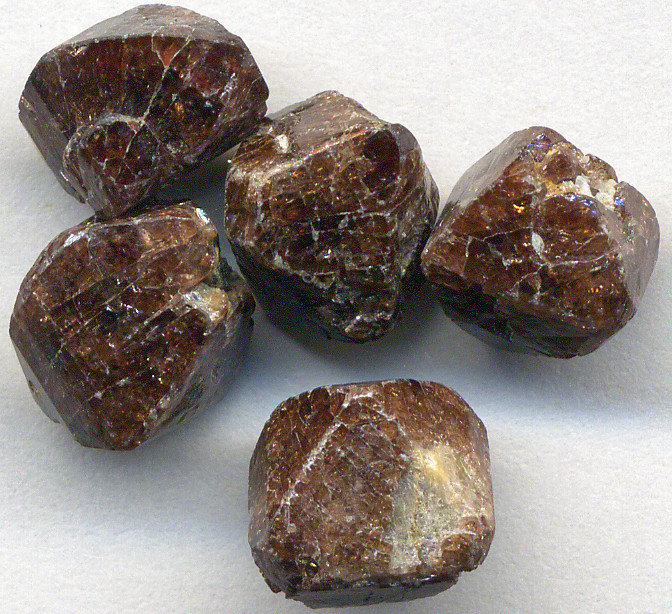
These conclusions are drawn from the resilience of zircons, which are known to survive billions of years with their geochemical information intact. The Jack Hills zircons provide a rare window into a time where the geological record is sparse.

The implications of this research extend beyond the mere existence of ancient freshwater. If Earth did indeed have a hydrological cycle in place 4 billion years ago, it would have profound implications for our understanding of the early Earth and the conditions that led to the emergence of life.
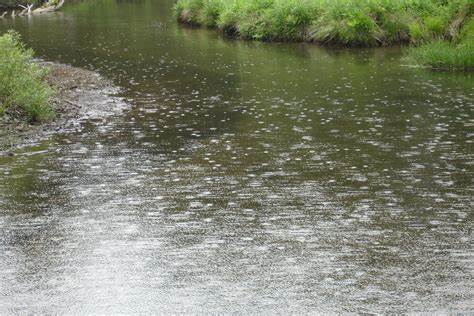
In sum, these ancient crystals, forged in Earth’s infancy, are not just relics of a distant past; they are harbingers of a world in that the conditions for life could have existed on Earth so long ago.
Relevant articles:
– Freshwater first appeared on Earth 4 billion years ago, ancient crystals hint, Science News
– Ancient crystals reveal the earliest evidence of fresh water, scientists say, CNN
– Oldest Crystals In The World Reveal Earth Had Rain And Oceans 4 Billion Years Ago, IFLScience
– Earth may have had freshwater and continents soon after forming, ancient crystals reveal, Live Science
